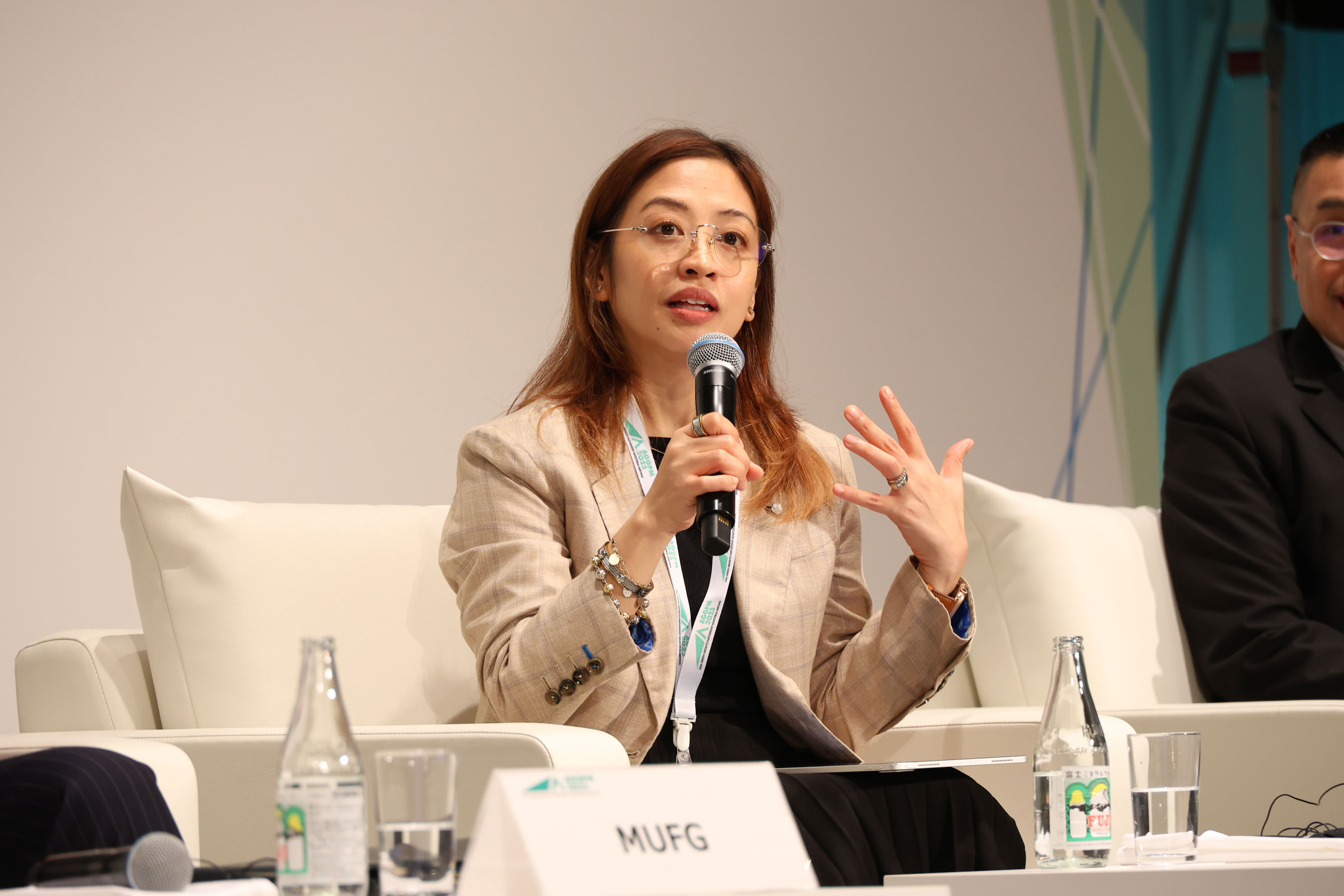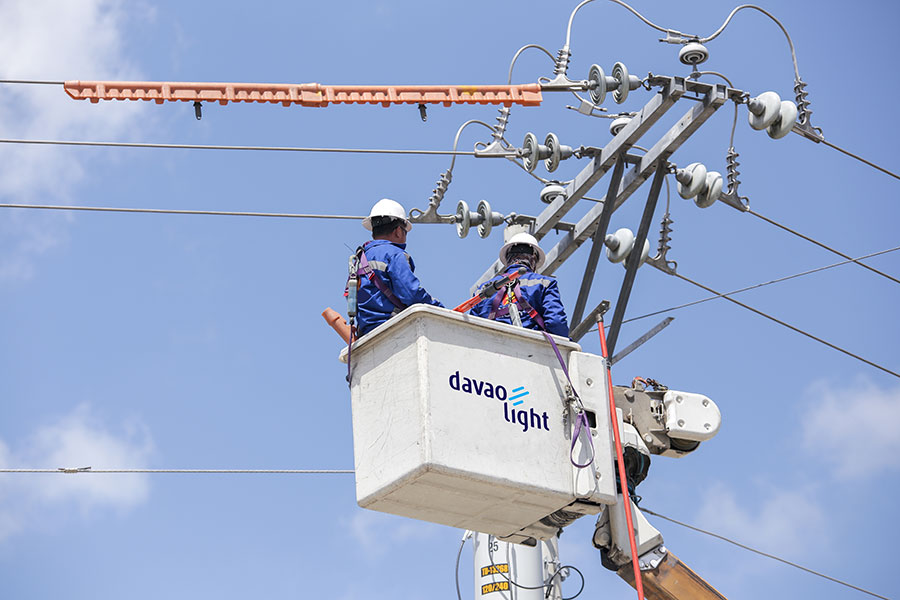Aboitiz Power Corporation (AboitizPower) Chief Finance Officer Liza Montelibano emphasized on the complexities of managing the energy transition to greener technologies in the Philippines, citing the necessity of balancing it with the aspiration for reliable and affordable electricity.
“Balancing the energy trilemma of reliability, affordability, and sustainability is very complex. You need secure and reliable [electricity] to power human progress [and] you need affordable power for social stability and development,” the executive explained during a panel discussion in the 3rd Asia Green Growth Partnership Ministerial Meeting in Tokyo, Japan.
“The Philippines is at a stage of development where we do need a bespoke pathway and timeline that will still allow for the [realization of its] fullest human and economic potential,” she added.
These considerations become more significant in the Philippine context as its electricity demand is projected to increase by 6.6% annually until 2040, requiring the doubling of supply in 11 years to help support the growth and development of industries, cities and rural communities.
“With that kind of situation, we need all forms of energy to be able to support [the] requirement,” Montelibano said.
According to Montelibano, the influx of intermittent sources like solar and wind must ideally be complemented by an affordable solution to renewable baseload, as well as viable low carbon baseload technologies.
Absent any breakthroughs in these areas, Montelibano said that liquified natural gas or LNG will have to be a transition fuel in the near term to gradually displace coal and complement the variability of renewables.
“What you seem to be seeing now is the international community adding pressure, just really pulling out [of fossil fuel projects]... You already have a lot of financial institutions that don't support thermal facilities,” Montelibano told Nikkei Asia on the sidelines of the event. “But the existing capacities play the role of buying time to keep the grid stable, so that renewable and low-carbon technologies can develop.”
"We can't be in a state of brownouts ... it's quite personal to me because I grew up with brownouts and studying with a candle. For this to happen today means I am asking my child to study with a candle as well," she added.
The Philippines has already set a goal to expand the share of renewable energy in its power generation mix to 35% by 2030 and 50% by 2040, with the remainder being allocated to thermal power plants, most of which compose the crucial baseload capacity.
“The realistic pace to do transition is underscored by the available technology that allows you to do it in a reliable and affordable way. Given what is available today, we believe what is realistic is a practical and gradual approach that will allow for technology development,” Montelibano said. “If we really want to hasten the transition, a lot of the support has to go into [the] development of technology. Once it's economically viable, I think the rest will fall into place.”
Montelibano also stressed the critical task of developing the transmission sector, saying that “there is no transition without transmission.”
“Delayed transmission projects have plagued the industry for a long time. We have a history of stranded capacities because the transmission was not there [due to] long development cycles,” she said, while also adding how the country’s grid should be upgraded to accept more variable renewable energy without compromising the stability of the whole power system.
Despite these long-standing concerns, Montelibano expressed confidence in AboitizPower’s 10- year growth strategy of growing its renewable energy assets en route to reaching 4,600 megawatts by 2030. Together with its partners, it currently has the largest and most diversified renewable energy platform in the Philippines in terms of installed capacity under its operational control.
“The next goal for AboitizPower is to [further expand] its megawatts and to shift its portfolio mix to 50:50 [thermal and renewables] by end-decade, very much aligned to what the energy trilemma is trying to address in terms of security, equity, and sustainability,” Montelibano said.



